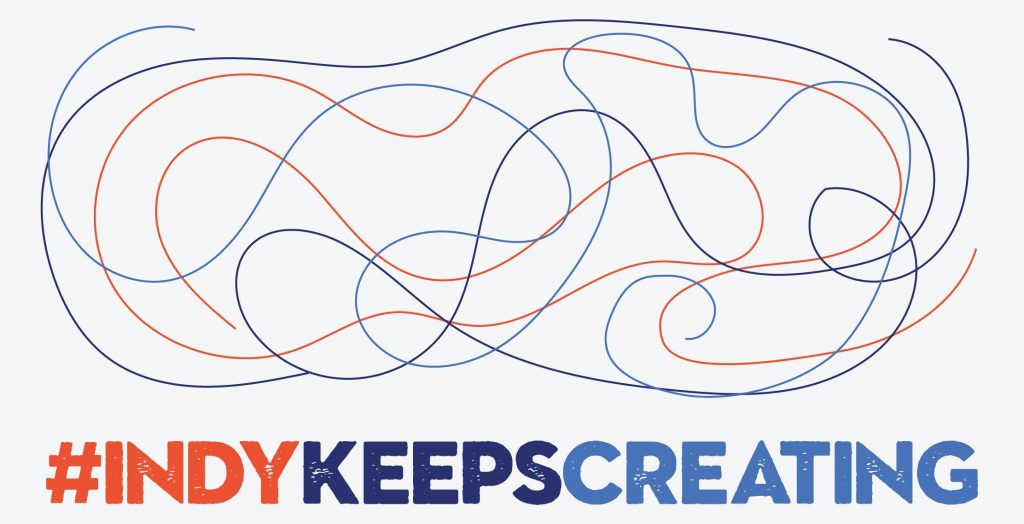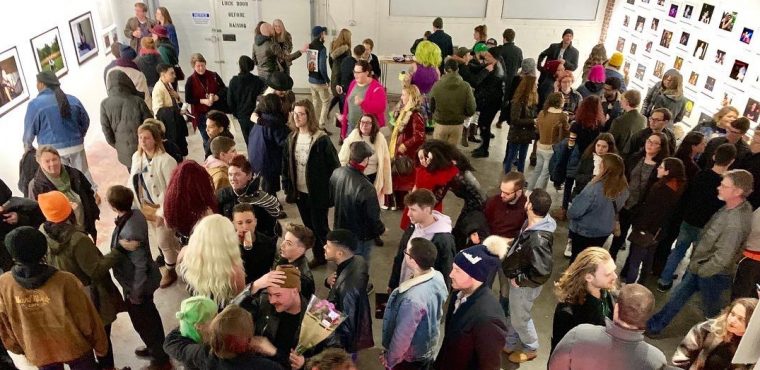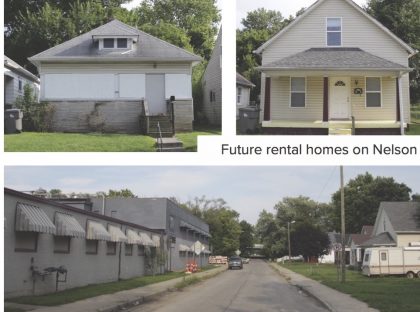At Big Car, our first response to a crisis in the community would normally be to open our doors wide — as we did every day — to neighbors and artists to draw strength from each other by being together in a safe and comfortable place. We bring art to people and people to art, first and foremost, to connect citizens of all backgrounds and support communities. We do this to address the challenges of social isolation. And, now, the isolation is imposed on us as a way to stay alive. So the question, today, is what do we do to support people as we make it through this together?
NEW: Check out our call for artists and arts and community partners.
We’re ready to answer this challenge because we are, by design, a flexible and adaptable organization that rapidly responds to changes in our own situation and to changes in life. We grew into a viable nonprofit organization during the financial crisis in the mid-2000s. We’re now a hybrid nonprofit, working both in the arts and community development. This is why our headquarters at Tube Factory is an art museum and community center. And it’s why the South Indianapolis Quality of Life Plan organization (SoIndy), the ALPR affordable housing program for artists, and our art and community radio station, WQRT-FM, all live within Big Car.
As a nonprofit that started at the same time as Facebook, Twitter, and YouTube, we’ve always utilized social media to share our work and connect with audiences. So, moving communication to these platforms is natural for us. And our social media is linked in strong ways with our radio station, a very democratic form of communication that covers most of Indianapolis and doesn’t require internet access. Also, we’ve long utilized grassroots communication strategies that blend excellent graphic design and copywriting as well as distribution of posters and flyers around our neighborhood and city.
Our approach has come from considering both history and futurism, from studying the intentional communities of today and utopias of yesteryear. We’ve always considered what our responses would be to a temporary dystopia like the one this pandemic is creating. Our team offers viable and immediate action steps to support the community — neighbors and artists alike — through cultural strategies. Some of this focuses specifically on the southside, an often overlooked and underserved area where we’re based and where three of our lead full-time staff members and the director of SoIndy all live.
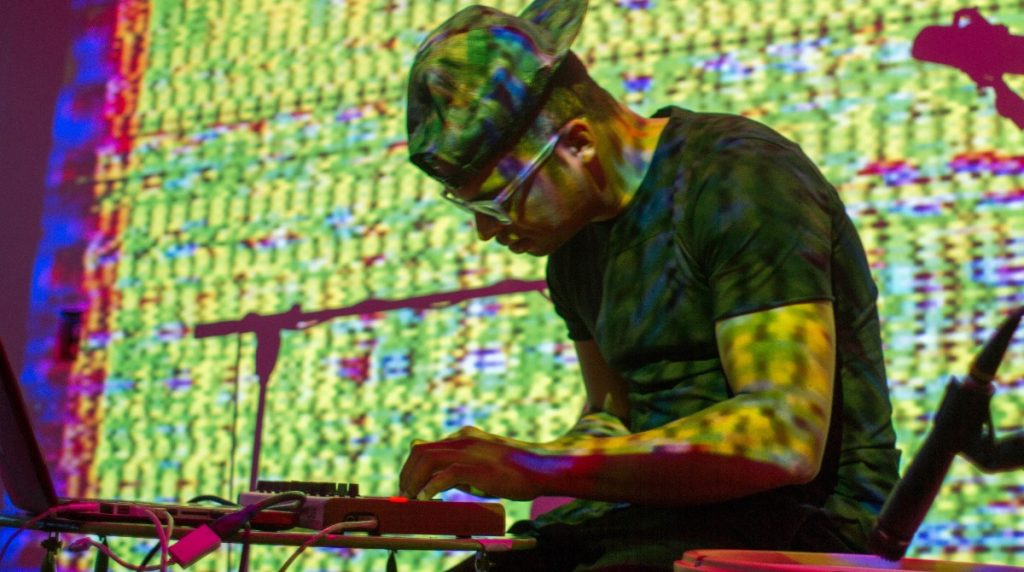
Broadcasting and streaming on WQRT radio: Our citywide FM broadcast radio station, 99.1 WQRT, reaches a strong, diverse cross-section of the community. The station — which also streams online for free — provides an equitable and accessible way for people who may not have internet access or may not be able to leave home to learn about things going on in the community and to enjoy a variety of music (much of it local in partnership with organizations like Musical Family Tree) and programming made in Indianapolis by a wide variety of artists and community leaders.
Now, we’ve now added public service announcements that include available social service resources all over Indianapolis. We’re airing haiku poems sourced from the community in response to the pandemic and how they are coping. We’ve shared a call for artists, musicians, and community builders – generally, the creative community – to send MP3s for us to edit and air. We have plans for producing and airing community programs, conversations, classes, and meditations that bring together guests on the air from the safety of their homes. These will also be shared through a variety of online platforms such as Instagram and Facebook to further help alleviate social isolation.
Additionally, we’ll offer the opportunity to small businesses affected by the shut down to record one-minute stories about their business, share encouraging messages with one another, and participate in a Listening Booth-style program where people can call in and talk to one of our staff artists. We also plan to offer educational programming where students can learn with their families.
With a potential reach of more than 500,000+ people, we know the free and accessible tool of radio — paired with streaming and podcasting via our website, wqrt.org — will offer listeners of all backgrounds vital information and unique music and other programming to help them feel less alone and stuck. We also know that this platform can allow artists a way to share their work, possibly for pay, at a time when all public venues are closed.
We’re seeking funds to support the radio station, which is currently operating at a loss. We’re certain to lose our main underwriters — mainly local restaurants, entertainment venues, and retail businesses. Not only do we seek emergency operating support for WQRT, we need funds for expanded staff resources (we employ one part-time staff member currently). And we’d like to have a budget for paying artists to make shows, perform live on air, and contribute in other ways.
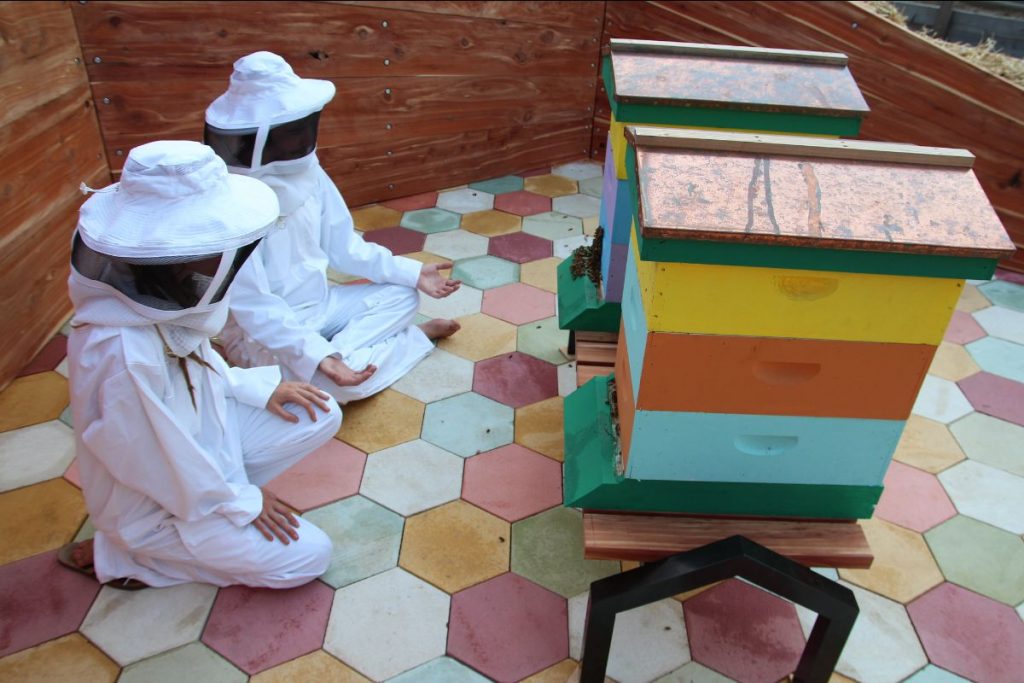
Commissioning and regranting to creatives: Many artists and creatives live hand-to-mouth, making ends meet with various gigs throughout the month or by selling their work. Big Car has a long history of successfully regranting to the arts community through Spark Monument Circle where we supported over 200 artists, Art In Odd Places, our work with the City on Lugar Plaza, and through commissioned exhibits and programming at Tube Factory and in partnership with other groups like the LQBTQ+ youth organization, Low Pone.
We believe the arts and artists are the heart of communities, provide new perspectives, offer the public a window to the soul. They put their passion and ideals above financial stability. This is why we commission artists for our public creative placemaking programming. And it’s also why we need to protect them in this difficult time.
We’ve received multiple requests from artists and performers seeking our help, including our own Artist and Public Life Residency program artists living in four houses on the same block as Tube Factory (with five more houses to be filled soon). APLR artists currently renting from us are unable to pay their rent, losing $2,000 in just one weekend due to cancellations. We’ll not be evicting them, or charging late fees.
We’re seeking additional support to pay artists to use our social media platforms and radio station to help them financially survive during the complete social shutdown of our city. We’d like to share a call for proposals via a simple survey. And we will be and are currently partnering with convening organizations like the Arts Council of Indianapolis (with its #IndyKeepsCreating campaign as a start), Indiana Arts Commission, Indiana Humanities, INHP, and LISC Indianapolis. We’ll also partner with other organizations like The Learning Tree, PATTERN Magazine, Low Pone, and many more arts and neighborhood-focused nonprofits to offer resources.
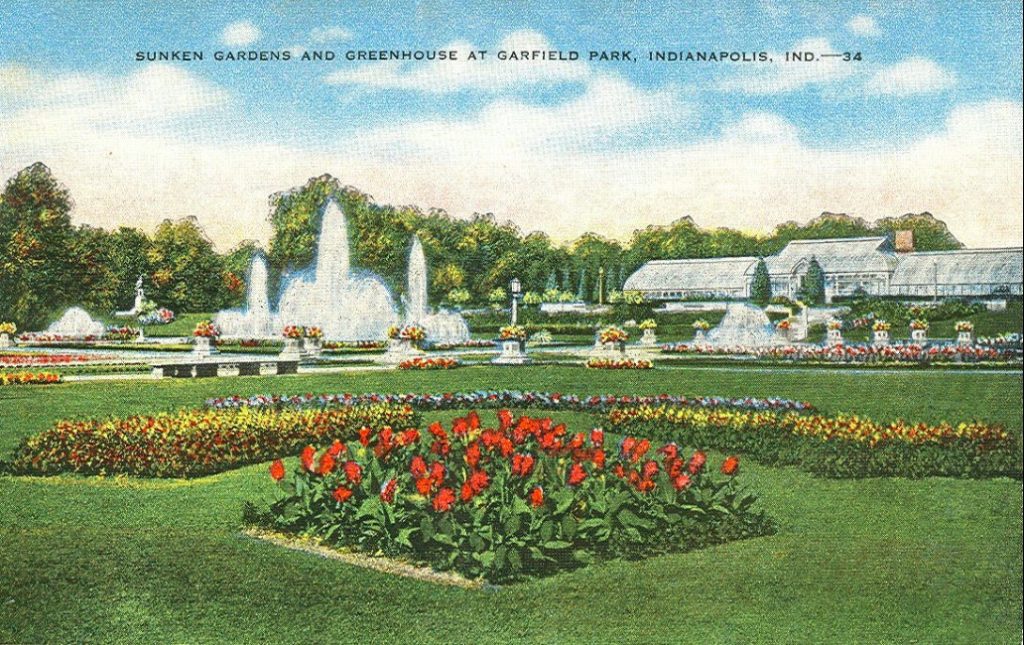
Door-to-door info and telephone approaches: With about 31% of people on the southside living below the poverty line, we know that many are unlikely to have access to wifi now that the library and Tube Factory have shut down. This means many of our homebound neighbors are now lacking access information and resources and low-income neighbors are lacking information about how to stay safe during the pandemic. This is especially an issue for elderly neighbors who may be living alone.
We’ll partner with SoIndy, Bean Creek Neighborhood Association, Garfield Park Neighborhood Association and other southside neighborhood leadership to create printed door hangers with a list of resources for the homebound. This will also highlight resources we’re offering online and on WQRT. Then, we’ll suit up with protective gear to deliver the information door to door.
We’re also working with other neighborhoods to gather information on technology that will allow neighbors to connect via phone. This includes both call-in numbers and methods for texting or calling neighbors directly with vital information.
As David Brooks wrote in The New York Times, “Through plague eyes I realize there’s an important distinction between social connection and social solidarity. Social connection means feeling empathetic toward others and being kind to them. That’s fine in normal times. Social solidarity is more tenacious. It’s an active commitment to the common good — the kind of thing needed in times like now.”
And working for the common good — with an eye to a stronger, more socially connected future — is just what we at Big Car are all committed to doing as we make it through this together.
Please let us now how we can support you. And be well.
